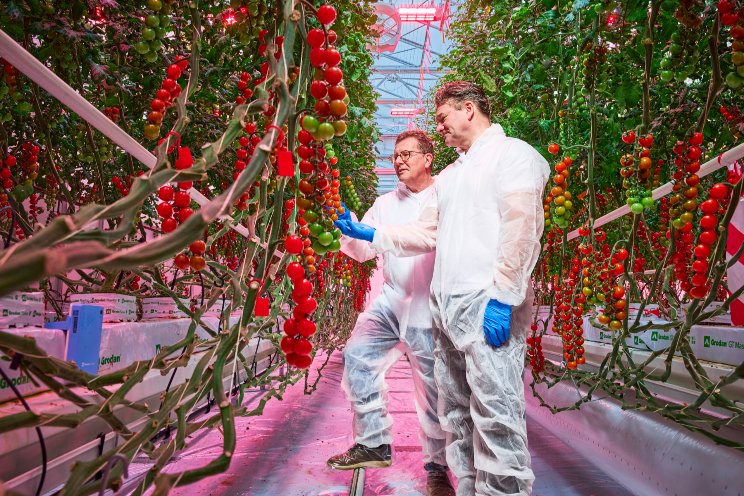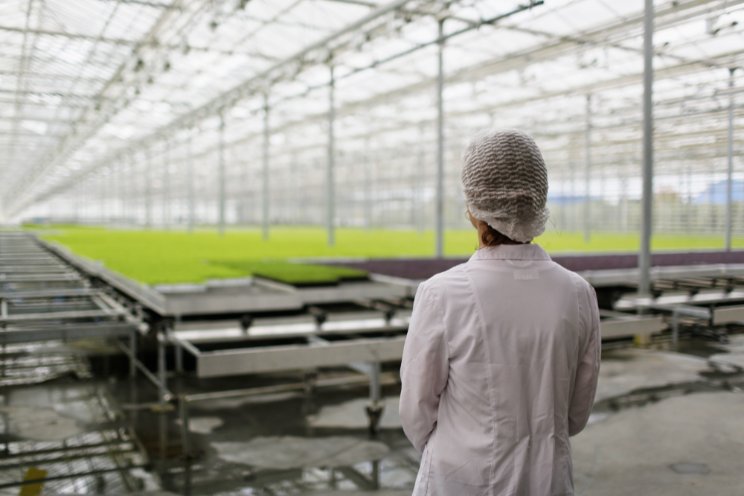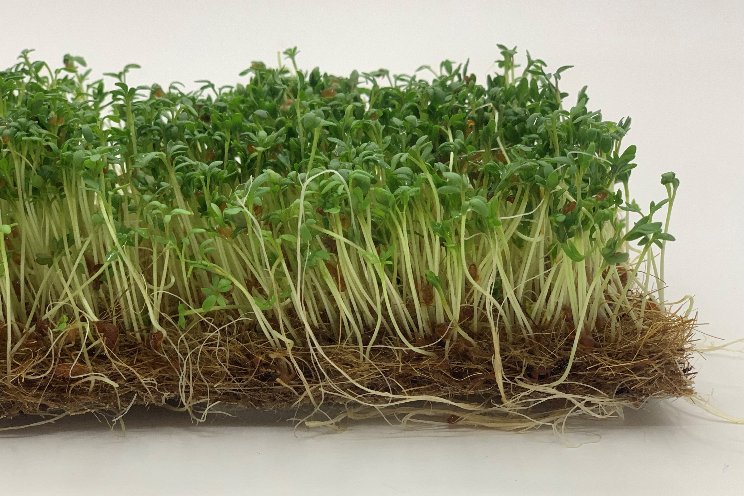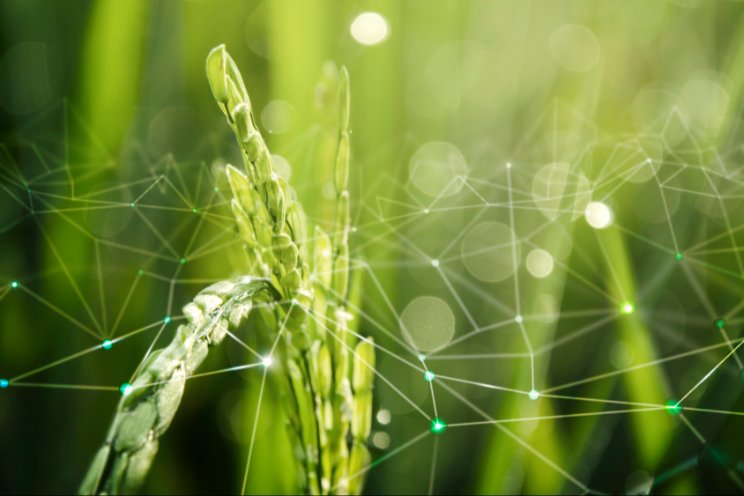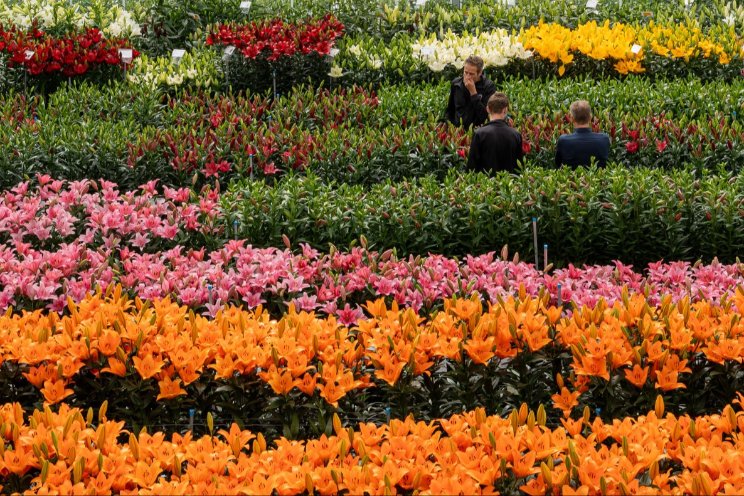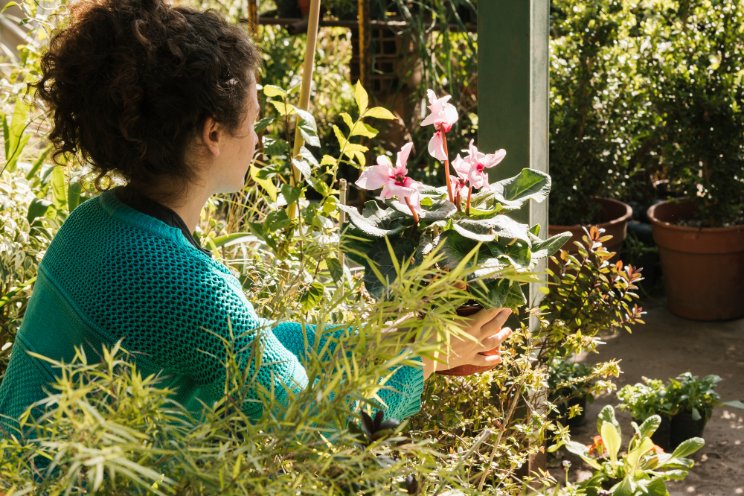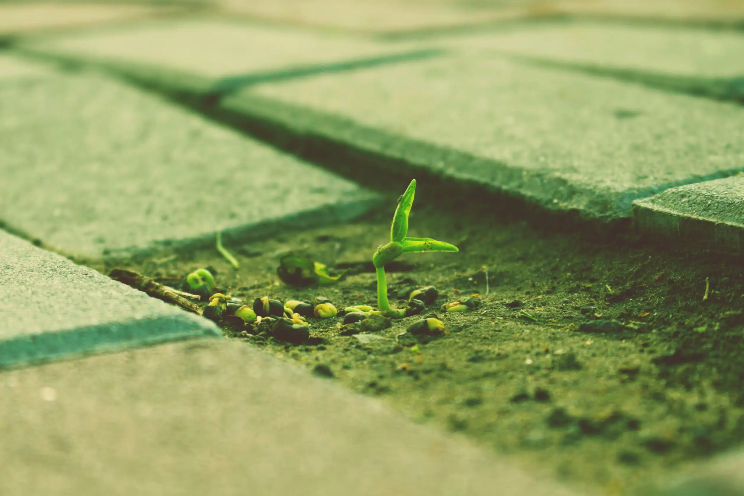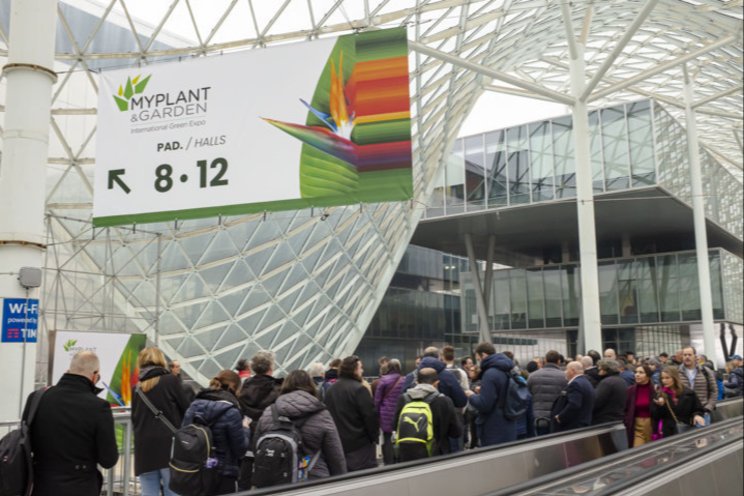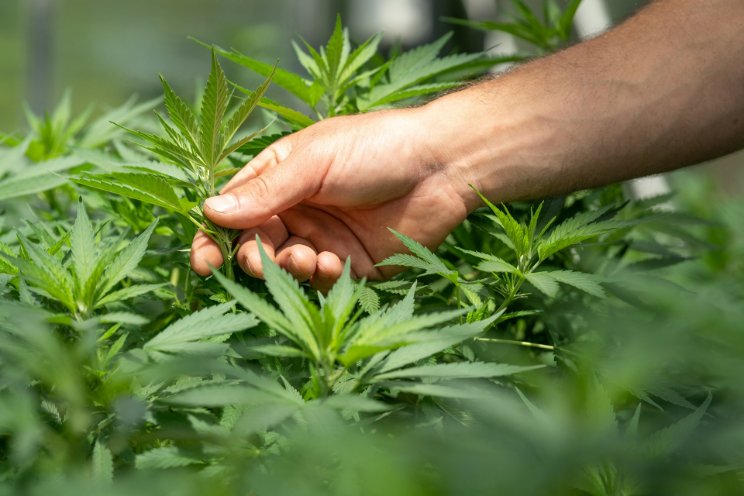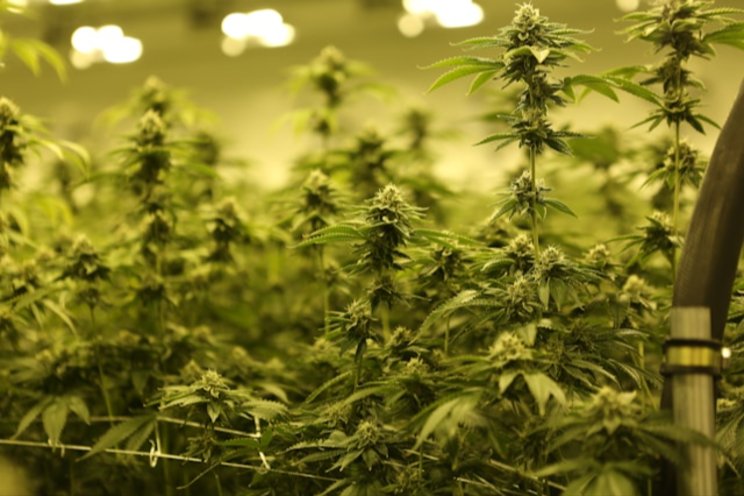How biologicals can help horti industry reach climate goals
Added on 30 May 2023
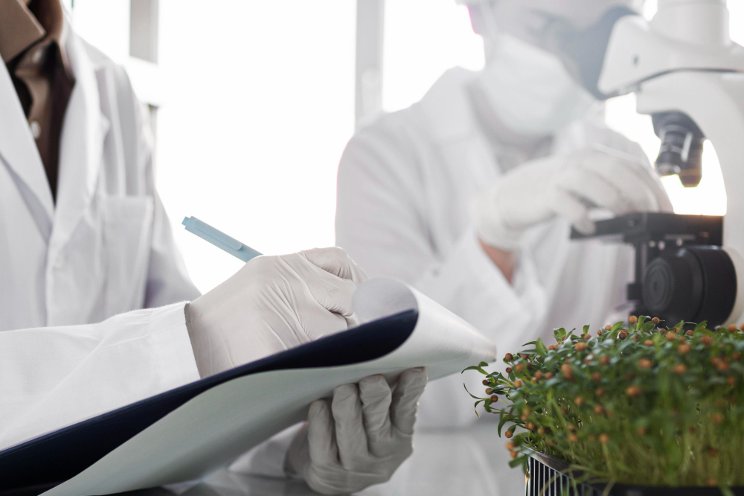
As growers strive to find ways to make their crops resilient to climate shifts and increasingly significant abiotic stressors, one valuable tool available to them is biostimulants. Not only are these products made up of naturally occurring components, they help plants endure stress from drought to temperature to soil conditions. Stressed plants require more inputs to reach a desirable yield, which in turn turns up the pressure on the environment through increased nitrogen use and greenhouse-gas-producing manufacturing and shipping methods. Conversely, stressed plants are less likely to be able to endure late frosts, intense storms, or droughts that growers now deal with on a more regular basis.
Carol Miller, Editor of American Vegetable Grower, a Meister Media Worldwide publication, recently spoke with one of the leading experts in biologicals, Dr. Patrick Brown, Distinguished Professor, University of California, Davis. Brown has a slew of awards and honors, including Chairman of the International Congress for Biostimulants. He talked about some promising developments in biostimulants as well as an existing regulatory challenge we need to overcome.
For example, timing is important with biostimulants, especially in helping growers understand when a greenhouse or field is ready for treatment.
“Almost all of these products are designed to mitigate a stress and will only have value when applied prior to the stress,” Brown says. “To be truly effective, biologicals must be coordinated with improved precision meteorology and precision decision making in order to optimize their effect. You don’t want to apply a product if the stress will never occur.”
Image by Freepik
More news
